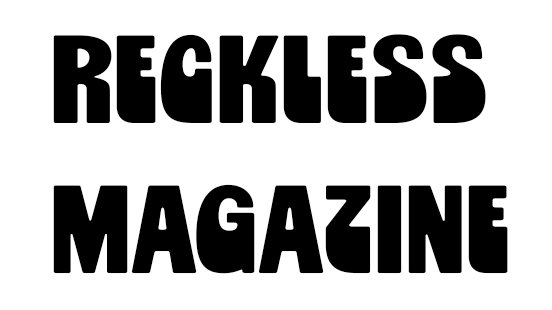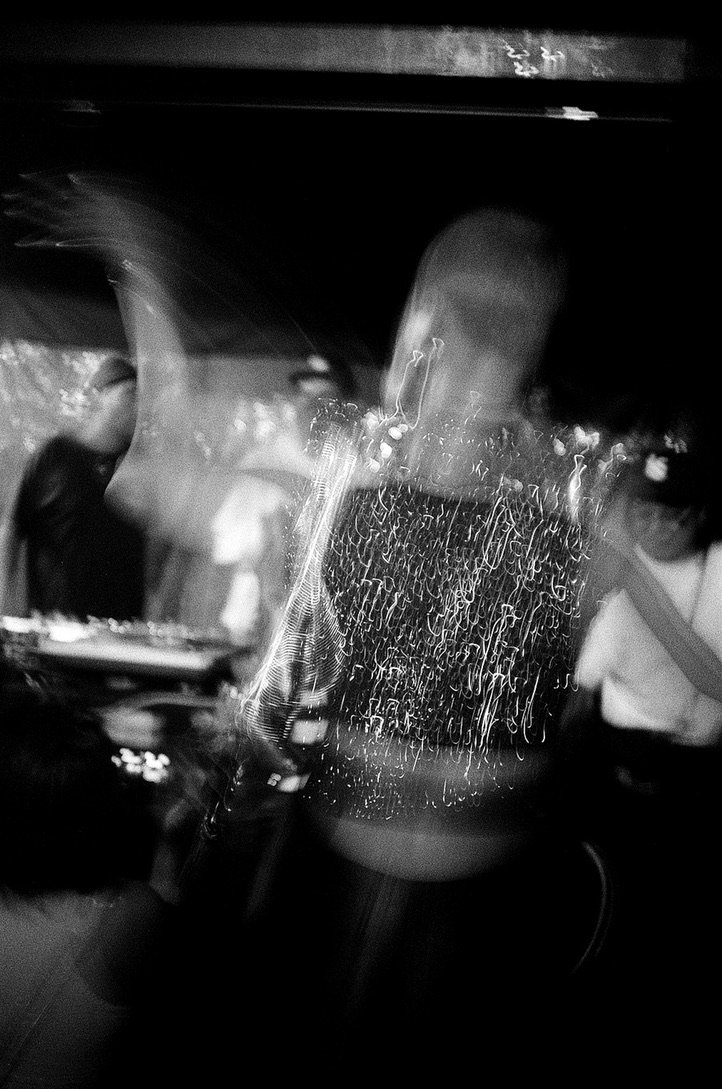An Artist's Eye

Identity, Patience, and Essence
Photography By Isabella Palma
Photographer Isabella Palma talks about being a Honduran living in Qatar, growing up around photography, and seeing the world through her own lens.
Doha, Qatar
What is your history as a photographer?
When I think about my “history” with photography I can’t really remember a time when I wasn’t surrounded by it. Whether it was taking photos with my parents’ point and shoot during my early 2000’s family vacations, or taking photos with my first digital camera when I was older – I’ve always had an interest for capturing moments.
My great grandfather was a pharmacist who was obsessed with photography. During the day time he would go to his job, but he would always dedicate time to come home to develop his film. This passion was transmitted to me through my family’s stories of him and his love for his hobby. My first encounter with photography was when I was really young and would come to my grandmother’s house. I would spend endless hours looking through the stacks of albums my great grandfather had left as well as the newer ones she had put together.
Like my great grandfather and other family members, I constantly find myself taking photos of personal moments, as well as other things/people who grab my attention.
How has growing up in Honduras influenced you as an artist?
I lived in Honduras until I was 17. After that, my father’s job required my whole family to relocate to Seoul, South Korea, where I finished high school and attended university for a year. Though I haven’t lived in Honduras since, I believe the most important part of my formative years were experienced there. When I think of the word “home”, I immediately think of Tegucigalpa. My identity, and who I am is strongly connected to my childhood experiences and my family – who still lives there. My identity as a Honduran living abroad for almost ten years is often explored through my work and photography.
You spent the last 7 years living in Qatar. What was the reason for the move? What was your experience like living there?
Since it wasn’t my first time moving to a different country, moving to Qatar felt a lot smoother than moving to South Korea. I had recently finished a year in college (learning Korean) when my father accepted a different job offer in Doha. After much research I decided that I wanted to study in one of the many American universities in the country and was excited to start my career in Communication studies in Northwestern University’s satellite campus in Qatar. The Middle East was insanely different than anything I had ever experienced before (culturally and geographically). Apart from the city, the land is almost entirely desert. It is extremely hot for most of the year, but also extremely charming.
Coming to Qatar was huge for my personal and artistic growth. I consider Qatar as a second home now and these past seven years have been nothing but amazing and fruitful.
How has the country of Qatar and its people influenced your photography?
Qatar is a wonderful place for people who are interested in making art. The country invests heavily in art education, supporting new talent, exhibitions, etc. I’ve had the luck to meet incredible local and international artists who have heavily influenced my path and artistic interests. It is extremely inspiring to see young Arab women feel so empowered through art.
On the other hand, Arabs are known for their hospitality and willingness to help - which is why I’ve never felt like I can’t reach out to a colleague or friend whenever I need their artistic opinion or support.
Tell the story behind one of your favorite images.
We were on our way to our friend’s farm when a swarm of locusts “attacked” the car. Everyone inside the car was scared but awed at how weirdly beautiful it looked when they were passing through the electric cables.
How would you describe your style? What makes it different and unique?
I think my work can be described as “trying to capture a moment without corrupting it with directions and poses”. Though I have been on shoots where the subject is posing, I am mostly focused on capturing their essence. The more comfortable they feel, the more I feel like that “genuine” look comes out. Apart from that, I love going to the street and taking photos whenever I see something that grabs my attention. You never know what you’ll find/see.
In terms of style, I think everyone brings something different to the table when it comes to photography. In my opinion photography isn’t only about which camera you’re using, or how long you’ve been taking photos. Personally, photography is heavily influenced by the artist’s eye and their identity. In my case, I think what makes me unique is being a Honduran living in Qatar – trying to do things through my own lens. My style and what makes me “unique” will evolve and change as I evolve, as a person.
Why did you decide to switch from shooting digital to shooting analog photography? How has your perspective changed?
The main reason why I switched to analog was because I fell in love with being able to do every part of the process myself. It helped me form a relationship with my camera, my surroundings, and photography itself. I learned to take my time with every shot, since they are limited. Though I have huge respect for digital photography, I think there’s something so personal and exciting about developing each frame and seeing it for the first time after it dries. I have to admit that it has taught me to be patient and more forgiving towards myself if it doesn’t come out as planned.
Which part of the world do you want to explore and photograph?
Anywhere outside of Honduras’ capital. I’ve had the privilege of traveling all over the world, but sadly I haven’t been able to explore my own country as much as I’d like.
What's next for you?
In terms of my film, I definitely want to explore more experimental side of photography and I want to be involved in more projects and shoots. There will always be room for exploration and growth.
My goal is to eventually be able to encourage the growth of art appreciation back in my country. Some people have worked hard to increase an interest towards the arts world, but there is still a long way to go and I really want to be part of that incredible effort. A country’s development cannot happen without appreciation of culture and art. It is also a beautiful medium to express emotions that would otherwise be silenced.





